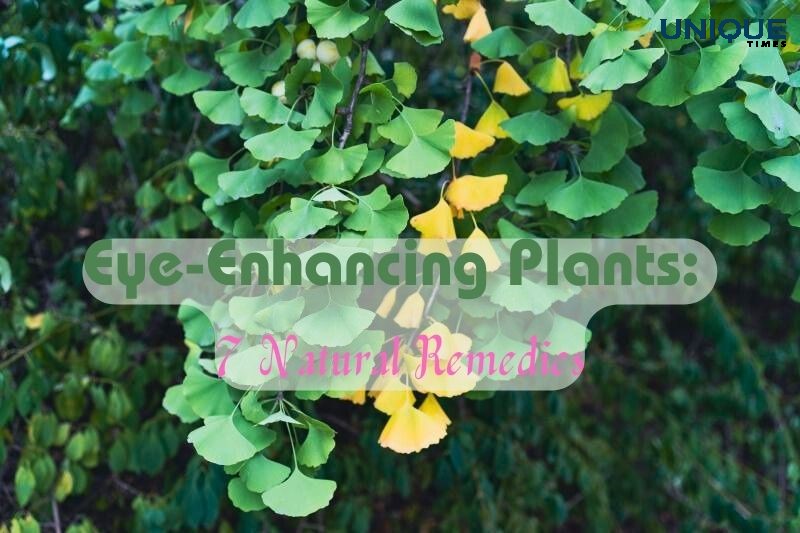7 Plants for Better Vision: Enhance Your Eye Health Naturally

Maintaining good vision is essential for our overall well-being, and nature provides us with a range of plants that can help support and improve our eye health. In this blog post, we’ll explore seven plants that have been known to contribute to better vision naturally.
1. Carrots (Daucus carota) Carrots are rich in beta-carotene, a precursor to vitamin A, which is crucial for maintaining healthy vision. Vitamin A plays a pivotal role in preventing night blindness and ensuring the overall health of your eyes.
2. Spinach (Spinacia oleracea) Spinach is packed with lutein and zeaxanthin, two powerful antioxidants that protect your eyes from harmful light and reduce the risk of conditions like cataracts and age-related macular degeneration (AMD).
3. Bilberry (Vaccinium myrtillus) Bilberries are known for their high anthocyanin content, which can improve night vision and reduce eye fatigue. They also provide protection to the retina and blood vessels in the eyes.
4. Kale (Brassica oleracea acephala) Kale shares the eye-friendly compounds lutein and zeaxanthin with spinach, helping to filter out harmful high-energy light waves. Incorporating kale into your diet can significantly benefit your eye health.
5. Marigold (Tagetes erecta) Marigold flowers are a natural source of lutein and zeaxanthin, making them an excellent choice for enhancing eye health. You can consider using marigold extracts or enjoying marigold tea to support your vision.
6. Aloe Vera (Aloe barbadensis miller) Aloe vera is renowned for its soothing properties and can be used externally to alleviate eye irritation and redness. Applying aloe vera gel around the eyes can help reduce puffiness and refresh tired eyes.
7. Ginkgo Biloba (Ginkgo biloba) Ginkgo biloba is an ancient tree known for its potential to improve blood circulation, including to the eyes. This improved circulation can help maintain eye health and reduce the risk of age-related eye disorders.
While these plants can contribute to better vision and overall eye health, it’s important to remember that they are not a substitute for regular eye check-ups and a balanced diet. Incorporating these plants into your diet and lifestyle can be a natural and holistic approach to support your eye health, but consult with a healthcare professional for personalized advice on maintaining optimal vision.
picture courtesy: google/images are subject to copyright








